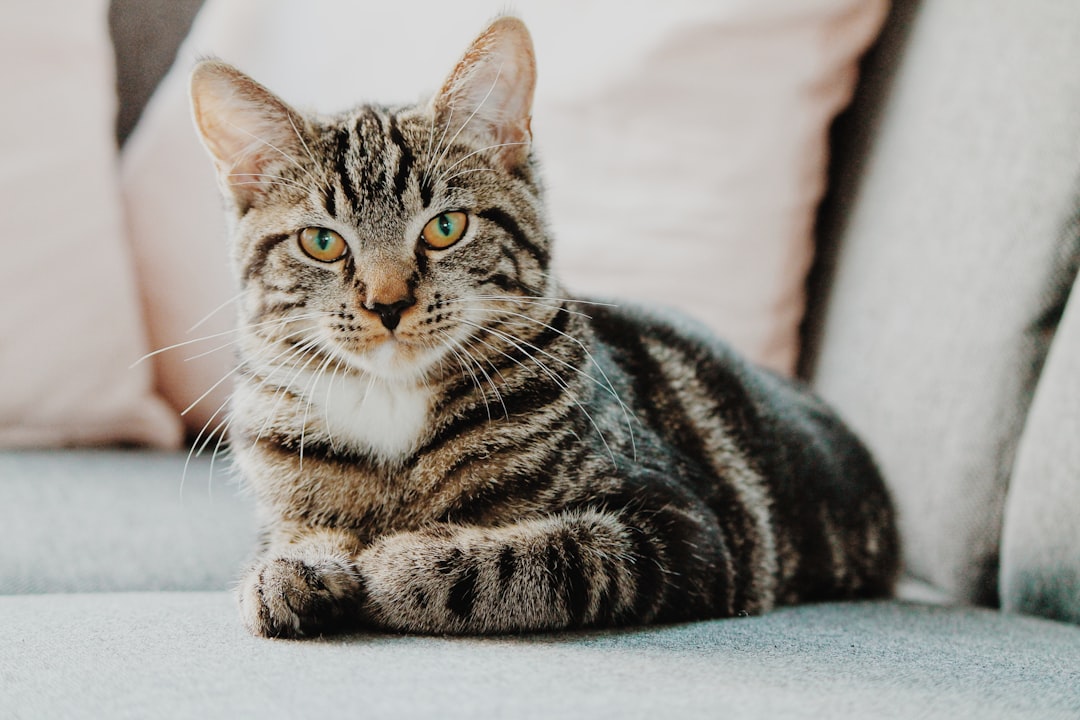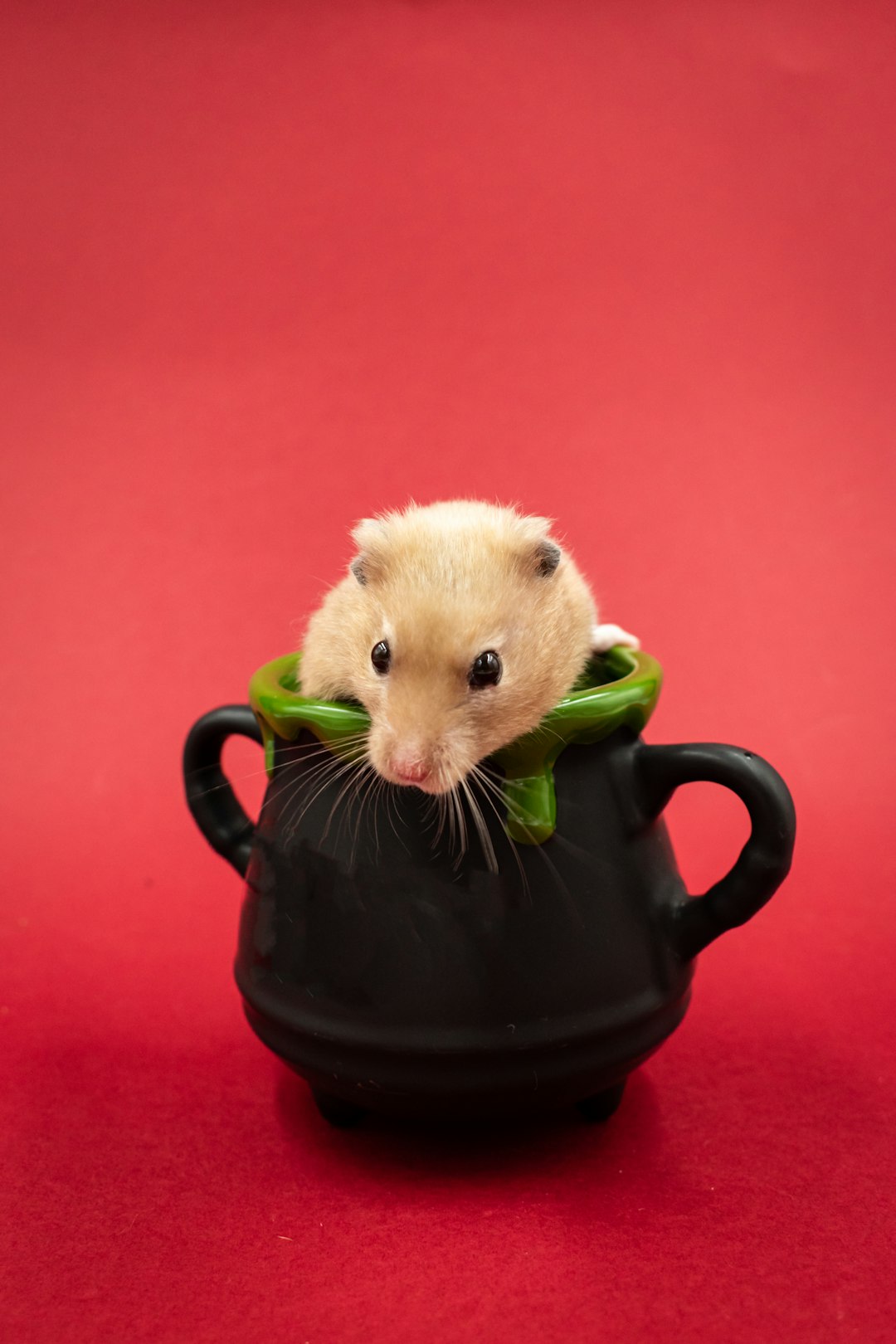Recent concerns surround the issue of bird flu in cat food recalls, raising important questions for pet owners. This dangerous virus, primarily affecting birds, has begun to impact the safety of pet food products. With several recent recalls linked to potential contamination, it’s crucial for cat owners to stay informed about the risks and symptoms associated with bird flu. Understanding these factors can help you protect your furry friends and make safer choices regarding their diet. Stay tuned as we explore everything you need to know about this alarming situation.
Understanding Bird Flu and Its Impact on Pets
Bird flu, formally known as avian influenza, poses significant risks not only to birds but also to pets, including cats. Recent data highlights that specific strains of the virus can potentially spread through contaminated food sources, leading to recalls in cat food products. Understanding the implications of bird flu in cat food recall is crucial for pet owners.
Here’s what to consider:
- Transmission: Birds are the primary carriers of the virus, but it can transmit to cats through infected birds or contaminated cat food.
- Symptoms in Cats: Common signs of infection include fever, respiratory issues, and lethargy. Monitoring your cat’s health can help catch these symptoms early.
- Severity: Although not all strains impact cats adversely, severe infections can occur, particularly in weakened individuals.
By staying informed about the connections between bird flu and cat food recalls, pet owners can take proactive steps to ensure their pets’ safety and well-being. Always check for recalls and think twice before feeding your cat food linked to bird flu concerns.

Recent Cat Food Recalls Linked to Bird Flu
In response to escalating concerns over bird flu in cat food recall, several manufacturers have issued recalls to protect feline health. Here’s what you need to know:
Affected Brands: Various brands have been implicated in the recalls, including both premium and budget options. Always check for brand-specific recalls.
Recall Announcements: Look for announcements from the FDA or pet food manufacturers. These notifications typically specify the affected product lot numbers and expiration dates.
Nature of the Risk: Bird flu in cat food recall cases often arise from ingredients sourced from poultry, which can carry the virus. Contaminated raw ingredients pose potential health threats.
Comparison of Recent Recalls
| Brand | Product Name | Recall Date | Reason for Recall |
|---|---|---|---|
| Brand A | Chicken & Rice Formula | September 2023 | Bird flu contamination |
| Brand B | Salmon Dinner | October 2023 | Potential bird flu presence |
Pay attention to your cat’s food and stay updated on these recalls. Being informed plays a vital role in maintaining your cat’s health amidst these concerns.
Health Risks of Bird Flu in Cats
The bird flu in cat food recall raises significant concerns about the health risks posed to our feline companions. Understanding these risks is essential for pet owners. Here’s what you need to know:
Transmission: Cats can contract bird flu primarily through infected birds or contaminated food. If your cat eats tainted food, they may develop serious health issues.
Symptoms to Monitor:
- Fever
- Coughing or sneezing
- Labored breathing
- Decreased appetite
- Fatigue or lethargy
Complications: In severe cases, bird flu can lead to pneumonia or other respiratory illnesses, posing a critical threat to your cat’s health.
To safeguard your furry friend, stay informed about recalls related to bird flu in cat food. Always check the labels of food products and prioritize brands with strong safety records. By being vigilant, you can help protect your pet from the potential dangers associated with recalled food. Remember, prevention is key when navigating recent bird flu in cat food recalls.
Signs of Illness to Watch for in Your Cat
When considering the bird flu in cat food recall, it’s essential to monitor your feline for any signs of illness. Cats can exhibit various symptoms if they consume contaminated food. Here are the critical signs to watch for:
- Increased Sneezing or Coughing: Frequent sneezing may indicate respiratory issues.
- Lethargy: If your cat seems unusually tired or inactive, it could be a warning sign.
- Loss of Appetite: A sudden decrease in food consumption may suggest illness.
- Vomiting or Diarrhea: Gastrointestinal distress can arise from consuming affected food.
- Fever: Elevated body temperature can signal an infection.
- Behavioral Changes: Any unusual behavior, such as hiding or aggression, may indicate distress.
If you notice one or more of these symptoms, it’s crucial to consult your veterinarian promptly. Early detection of illness related to the bird flu in cat food recall can significantly improve your cat’s recovery chances. Keeping a close eye on your pet will help ensure their well-being during this troubling time.

What You Should Do if Your Cat Consumes Affected Food
If you suspect your cat has eaten food linked to a bird flu in cat food recall, take immediate action. Prompt measures can help mitigate potential health risks. Here’s what to do:
Identify the Product:
- Check the packaging for recall notices.
- Confirm the specific lot number and use-by date.
Monitor Your Cat:
- Watch for signs of illness, such as lethargy, vomiting, or change in appetite.
- Keep a detailed record of any symptoms that arise.
Contact Your Veterinarian:
- Inform them about the potential exposure to the recalled food.
- Follow their advice, which may include scheduling an examination.
Discontinue Feeding:
- Immediately stop giving the affected food to your cat.
- Ensure all recalled products are eliminated from your home to prevent further consumption.
Report Symptoms:
- If your cat shows significant distress or worsening symptoms, seek emergency veterinary assistance.
By staying vigilant and responsive, you can effectively address concerns related to potential bird flu in cat food recall incidents, ensuring the health and well-being of your feline friend.
Choosing Safe Cat Food Brands
When navigating the bird flu in cat food recall situation, selecting the right cat food brand becomes crucial. Here are some essential tips to ensure your cat’s safety:
Research the Brand:
- Check the company’s history with recalls, particularly concerning bird flu.
- Review customer feedback regarding their pet food quality and safety measures.
Ingredient Transparency:
- Opt for brands that clearly list ingredients, avoiding those with vague terms like "meat by-products".
- Prioritize brands that source their ingredients from reputable suppliers.
Certifications:
- Look for products certified by the Association of American Feed Control Officials (AAFCO).
- Seek brands that adhere to stringent safety and quality regulations.
Safety Practices:
- Choose brands that conduct regular testing for contaminants, including avian viruses.
- Companies with robust quality control processes tend to have lower risks of a bird flu in cat food recall.
By considering these factors, you can make informed choices that protect your beloved feline from potential health risks associated with recent recalls. Always stay updated on safety alerts to ensure continued wellness for your cat.
Regulations and Guidelines for Pet Food Safety
Ensuring the safety of pet food, especially amidst concerns like the bird flu in cat food recall, is crucial for pet owners. Various regulations and guidelines oversee pet food production to safeguard animal health. Here’s an overview:
FDA Regulations: The U.S. Food and Drug Administration (FDA) sets standards for pet food, ensuring it meets nutritional adequacy, is properly labeled, and free from harmful substances.
AVMA Guidelines: The American Veterinary Medical Association (AVMA) recommends thorough monitoring of any disease outbreaks, including bird flu, to prevent their incorporation in pet food.
Ingredient Sourcing:
- Use reputable suppliers.
- Ensure that meat sources undergo stringent testing for diseases, particularly for poultry-related products.
Manufacturing Oversight:
- Regular inspections and quality control measures should be in place.
- Manufacturers must keep up with recall alerts and report issues promptly.
Adhering to these guidelines helps mitigate the risks associated with a bird flu in cat food recall and ensures pets consume safe and nutritious food. Always check for recalls and stay informed about pet food safety standards.

Future Outlook: Preventing Bird Flu in Cat Food
As concerns about the bird flu in cat food recall continue to grow, the future of pet food safety hinges on proactive measures. Here are key strategies to prevent bird flu contamination in cat food:
Robust Testing Protocols: Manufacturers must implement regular testing of raw ingredients, particularly poultry, to ensure they are free from bird flu.
Ingredient Sourcing: Opt for suppliers who follow strict biosecurity measures. They should have a clear track record in safeguarding their livestock against diseases.
Public Awareness Campaigns: Educating pet owners about recognizing signs of bird flu and understanding recalls can significantly reduce risks.
Collaboration with Veterinarians: Ongoing communication between pet food manufacturers and veterinarians can lead to rapid identification of any health trends related to bird flu.
Regulatory Updates: Encourage government agencies to enhance regulations surrounding the processing and quality control of pet food.
In conclusion, while the bird flu in cat food recall has raised alarms, taking these preventive steps can minimize the risks for our feline friends and ensure their safety in the future.
Frequently Asked Questions
What is bird flu and how can it affect pet food?
Bird flu, or avian influenza, is a viral infection primarily affecting birds, but it can also infect other species, including mammals. In pet food, particularly cat food, the presence of bird flu is concerning because contaminated ingredients can pose health risks to pets consuming the infected food. If pets ingest food contaminated with the virus, they may exhibit symptoms such as fever, lethargy, and respiratory issues, potentially leading to severe complications.
What recent recalls have been made concerning cat food related to bird flu?
Recently, several major pet food brands have issued recalls due to concerns about bird flu contamination in their products. These recalls often include specific batches of cat food that were made with poultry ingredients sourced from areas known to have bird flu outbreaks. The Food and Drug Administration (FDA) monitors these situations closely and notifies consumers to avoid certain products to protect pet health, emphasizing the importance of checking recall lists regularly.
How can I ensure my cat’s food is safe from bird flu?
To ensure your cat’s food is safe from bird flu, it is essential to purchase pet food from reputable manufacturers that prioritize safety and quality control. Always check for any recent recalls on the FDA website or the pet food manufacturer’s official site. It’s also wise to opt for brands that source their ingredients from trusted suppliers and have transparent safety practices, as this can help mitigate the risk of contamination.
What should I do if I suspect my cat has consumed contaminated food?
If you suspect that your cat has consumed food contaminated with bird flu, it is crucial to take immediate action. Monitor your pet for symptoms such as lethargy, coughing, sneezing, or any unusual behavior. If any symptoms appear, contact your veterinarian promptly for further evaluation. Additionally, stop feeding the suspected food and notify the retailer about your concerns, as they may have valuable information regarding any recalls or safety measures in place.



